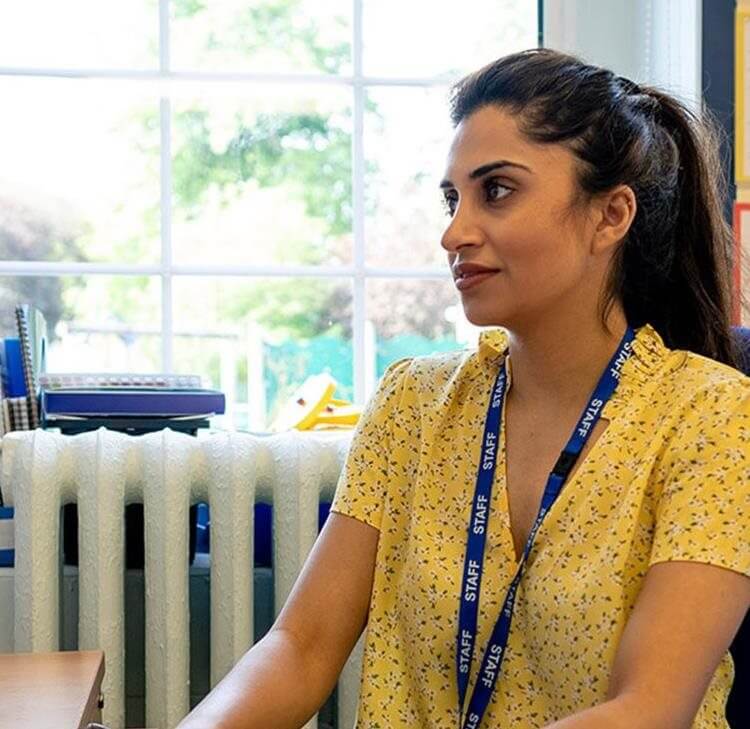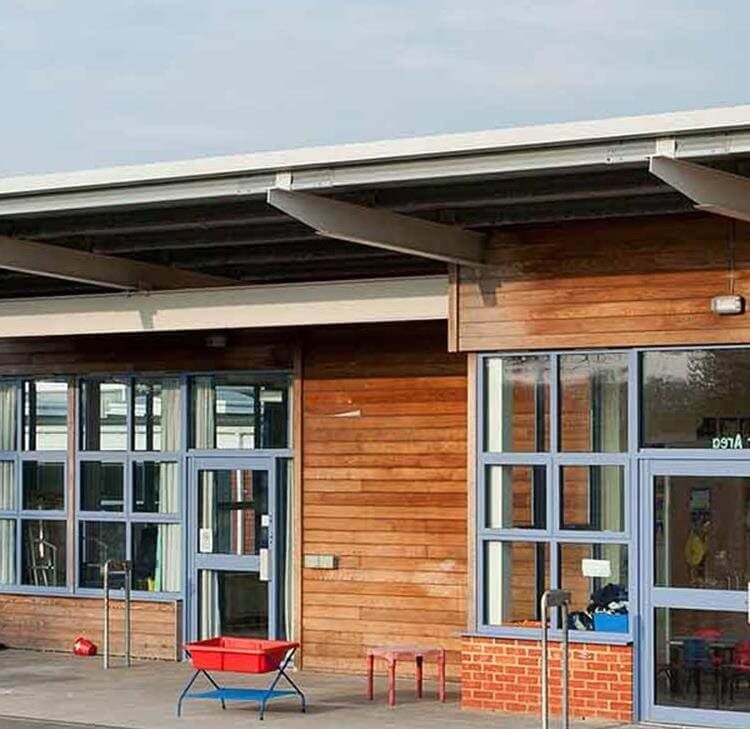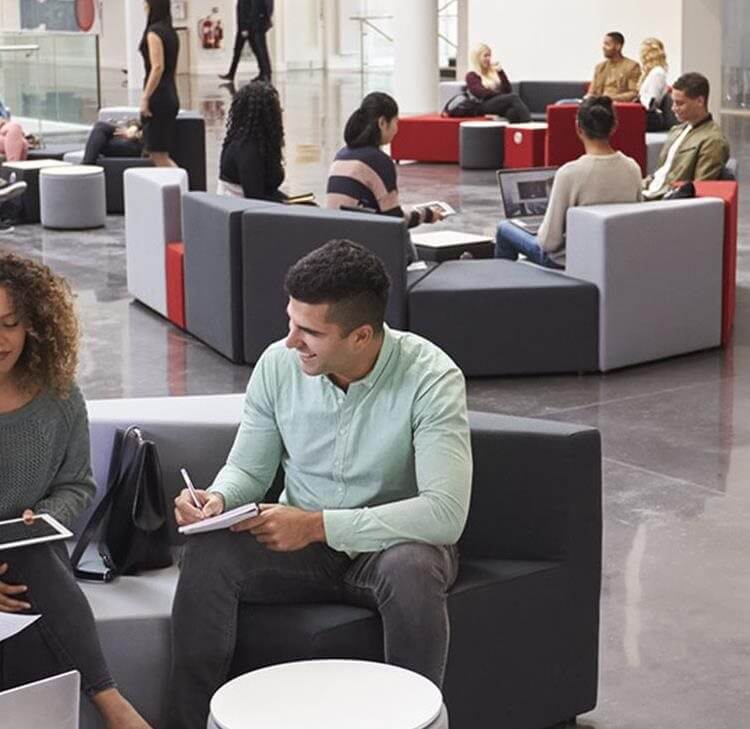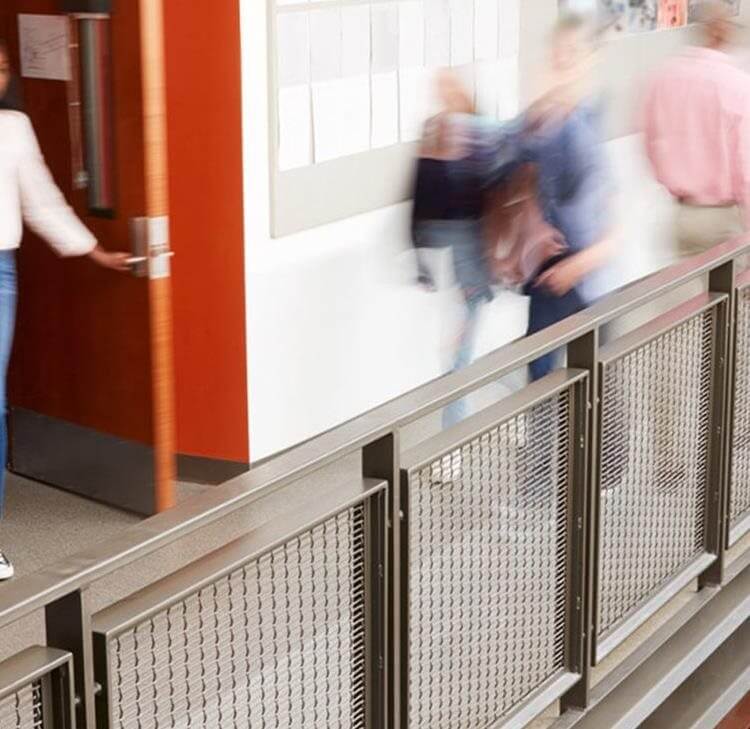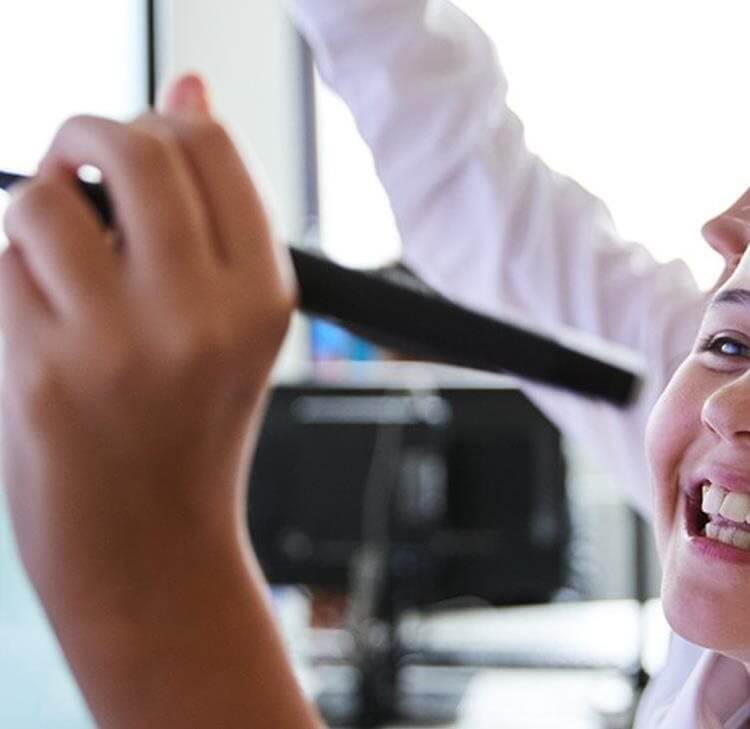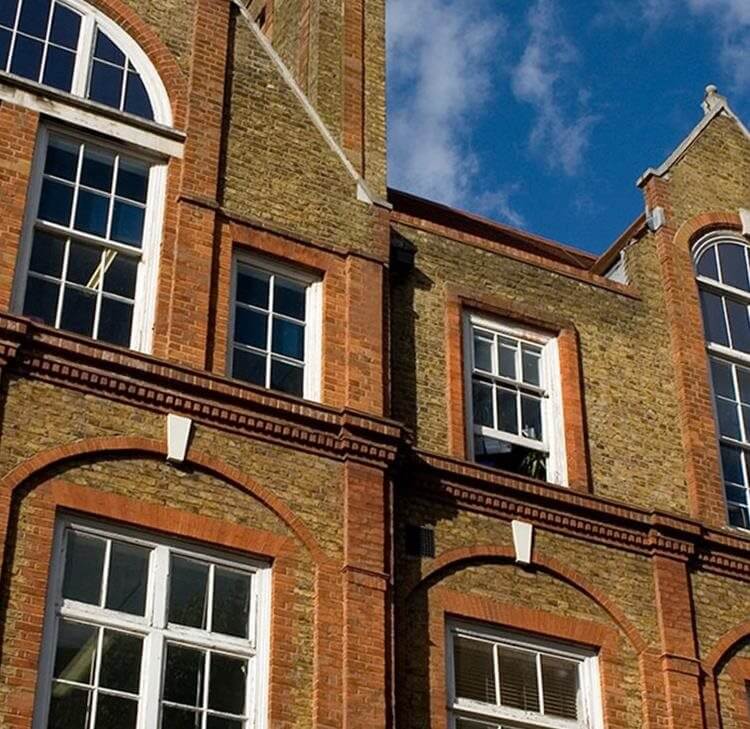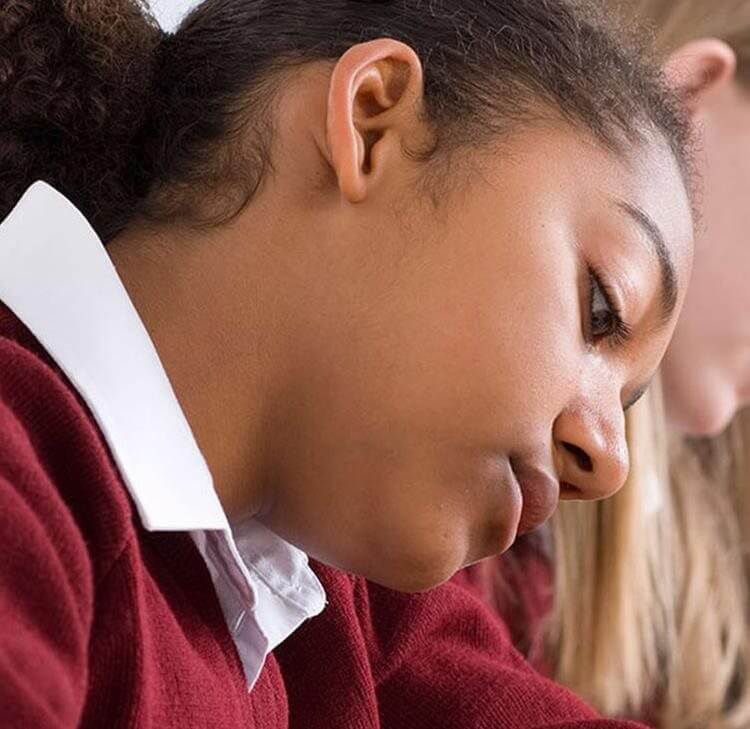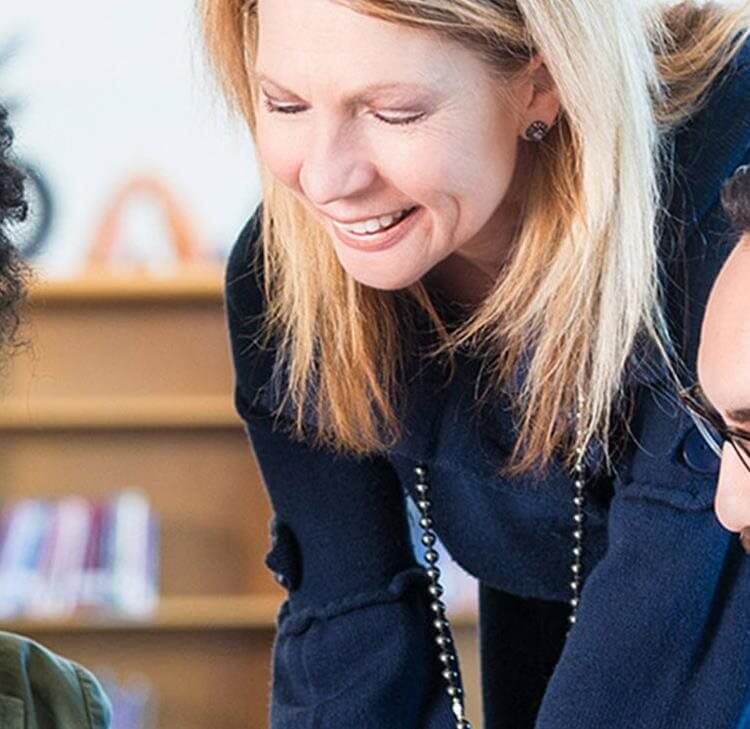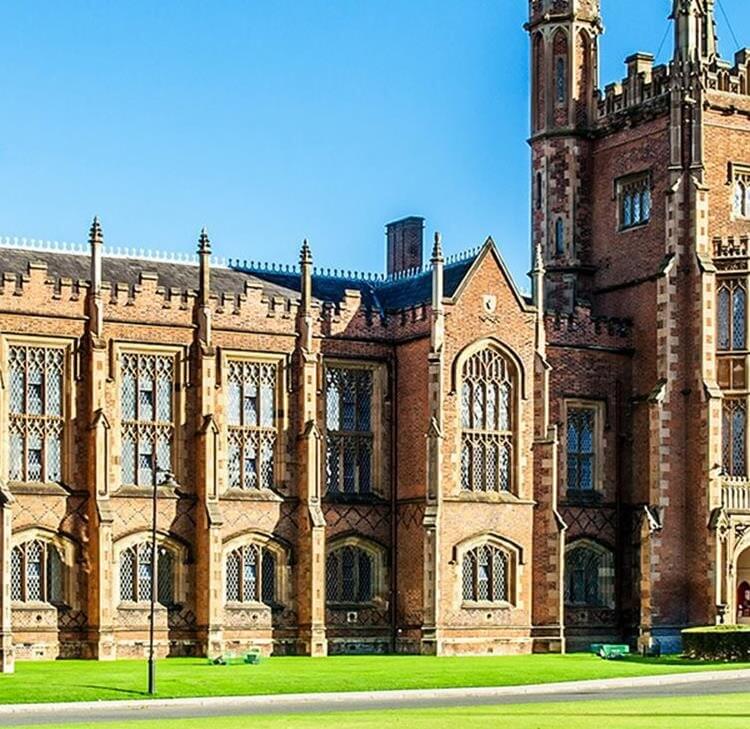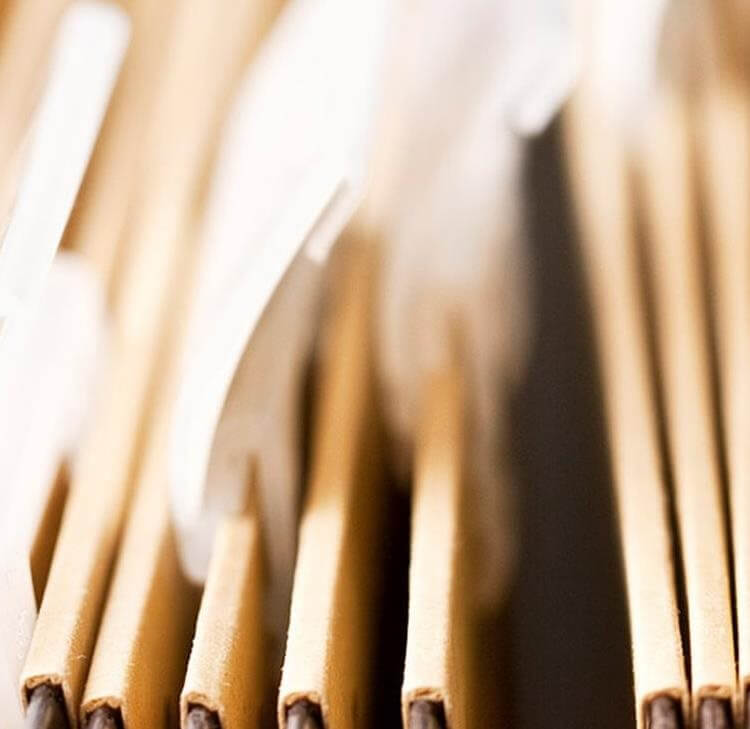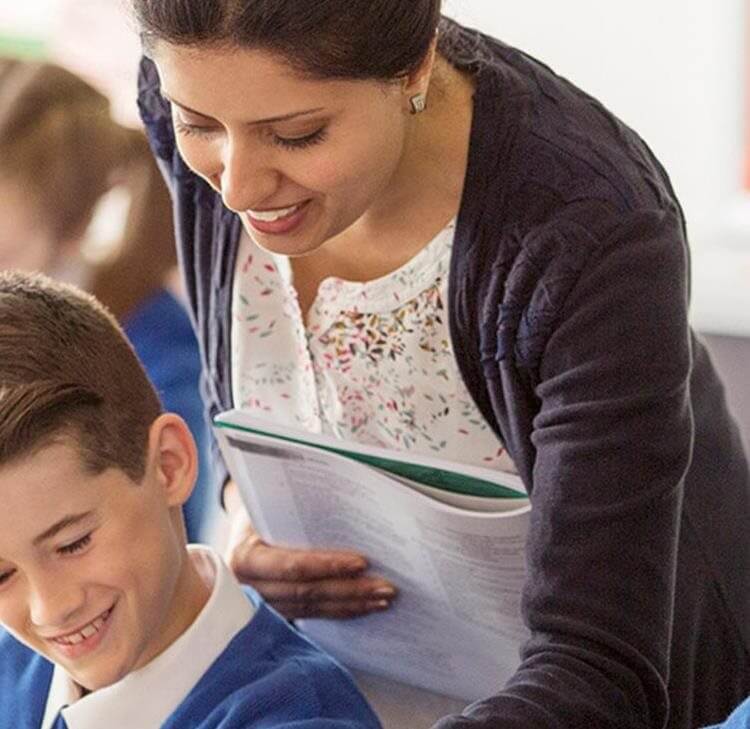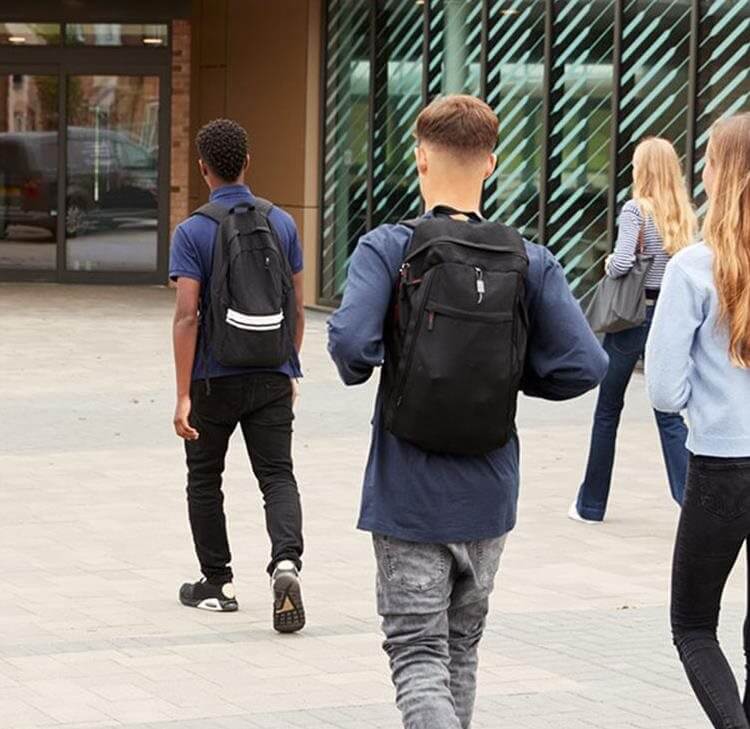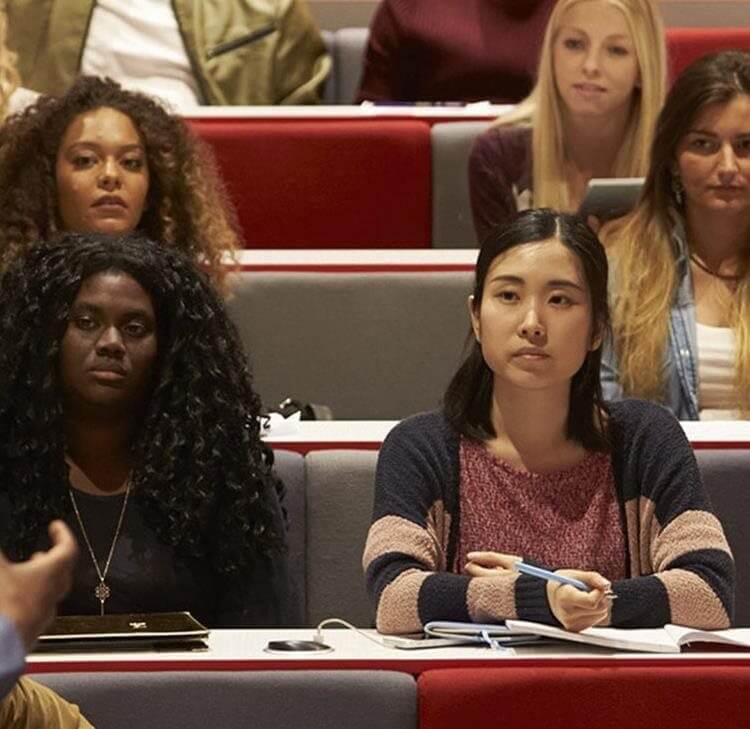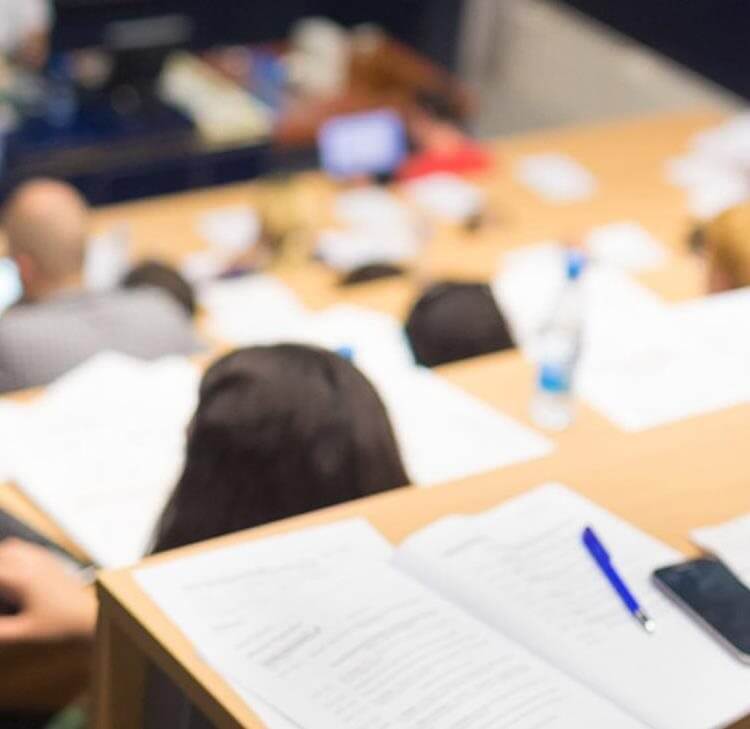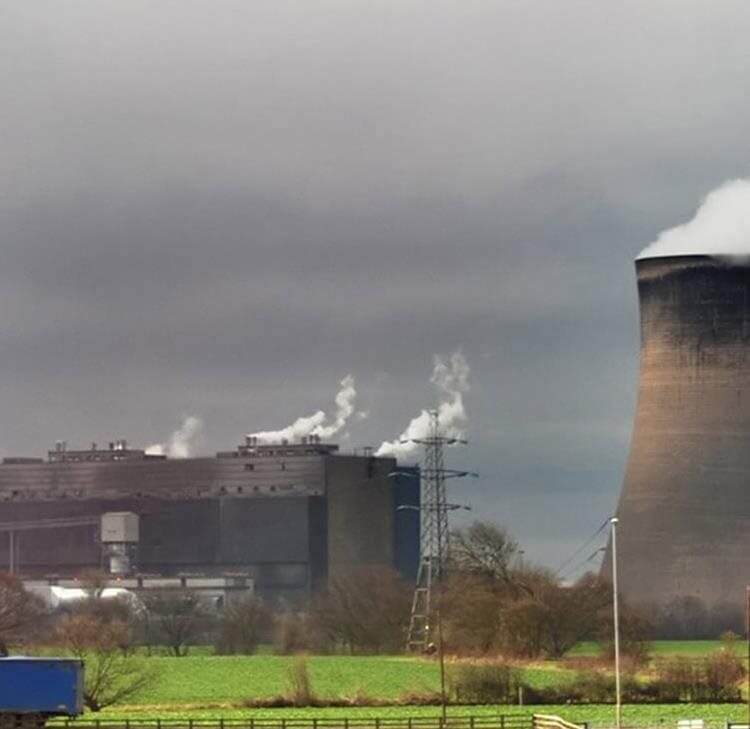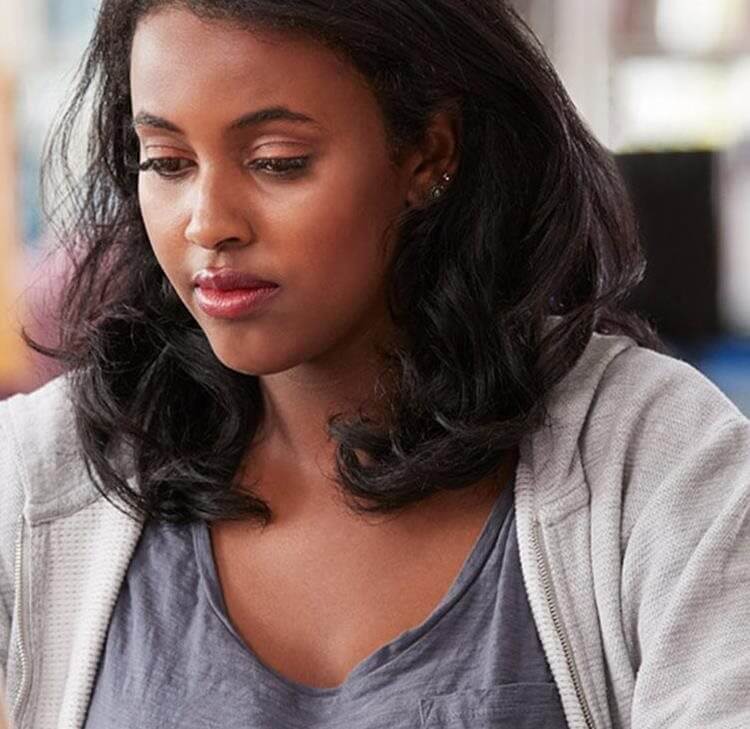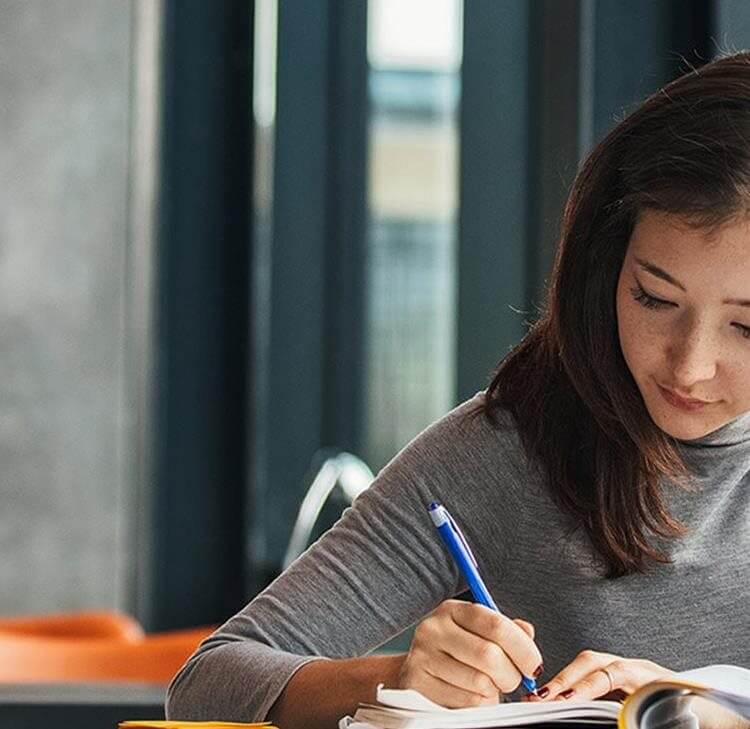Government guidance on Covid-19 for Higher Education (HE) institutions
Following the Prime Minister’s announcement on new measures to tackle Coronavirus, and with students about to start new terms, the government has updated its guidance to universities to make their buildings and campuses as safe as possible.
Please note: the information contained in this legal update is correct as of the original date of publication.
Following the Prime Minister’s announcement on new measures to tackle Coronavirus, and with students about to start new terms, the government has updated its guidance to universities to make their buildings and campuses as safe as possible. The guidance has been updated in respect of the new rules coming into force on Monday 14th September and now covers:
- Additional guidance on re-opening campus buildings
- The use of facemasks
- Social gatherings
- Additional advice on performing arts
- Additional advice on accommodation
- Local lockdown procedures
- Track and trace processes
Re-opening buildings
Institutions are responsible for assessing risk in opening buildings and putting in place precautions. Institutions are advised to produce risk assessments and are also reminded to consider that some people may be at increased risk than others to coronavirus.
Institutions are advised that good ventilation in indoor areas is important to reduce the spread of coronavirus.
Face covering
Face masks should be worn where social distancing and/or good ventilation is not possible both within and outside teaching environments. Face masks should also be worn by audiences during presentations, drama or musical performances.
Social Gatherings
Institutions should not allow students to have private gatherings in halls of residence in breach of the new restrictions, which do not permit more than six people to gather. It’s the responsibility of Institutions to ensure that any official events comply with the guidance and that officially registered student groups are aware of their obligation to comply with the guidance.
Institutions should support students to socialise in Covid secure environments, such as in Student Union bars etc.
Student accommodation
Although students can move into shared student accommodation, there is an increased risk in frequently moving and new guidelines on meeting people from outside the household should be complied with. Higher Education Institutions should identify households, including those students living within a hall of residence; in particular, institutions’ approach to determining a household should be based on the physical layout of the accommodation and should take into account the sharing of kitchens and bathrooms. Households within halls of residence should be based on floors rather than blocks. If a household within student accommodation is not obvious, providers may need to identify students as belonging to households (these households may be greater than 6 people). There should be an easily accessible record of who is in each of these provider-defined households, and students should understand what constitutes their household for the purposes of guidance on interactions within and between households.
Local Lockdown Procedures
The update advises that, where there is a local outbreak, the government may recommend higher education being restricted through the use of phased restrictions, which range from normal tuition in line with the guidance (Tier 1) through to education and research being mostly conducted “on line” (Tier 4.) In addition, where there are additional local restrictions, students should stay in their term time accommodation and not return to their homes.
Test and Trace
A handbook has been published for the testing and tracing processes for Higher Education (Higher Education Covid-19 test and Trace Handbook) and institutions should ensure that they have complied with government guidance on contract tracing.
Higher Education institutions should maintain records of those using services (e.g. dining facilities, libraries) to support NHS Test and Trace. They should ensure that students are safe, well looked after and offer practical support (food, education) to those students self-isolating following a positive test for the virus.

.jpg?variant=HeroImageTabletVariantDefinition)




